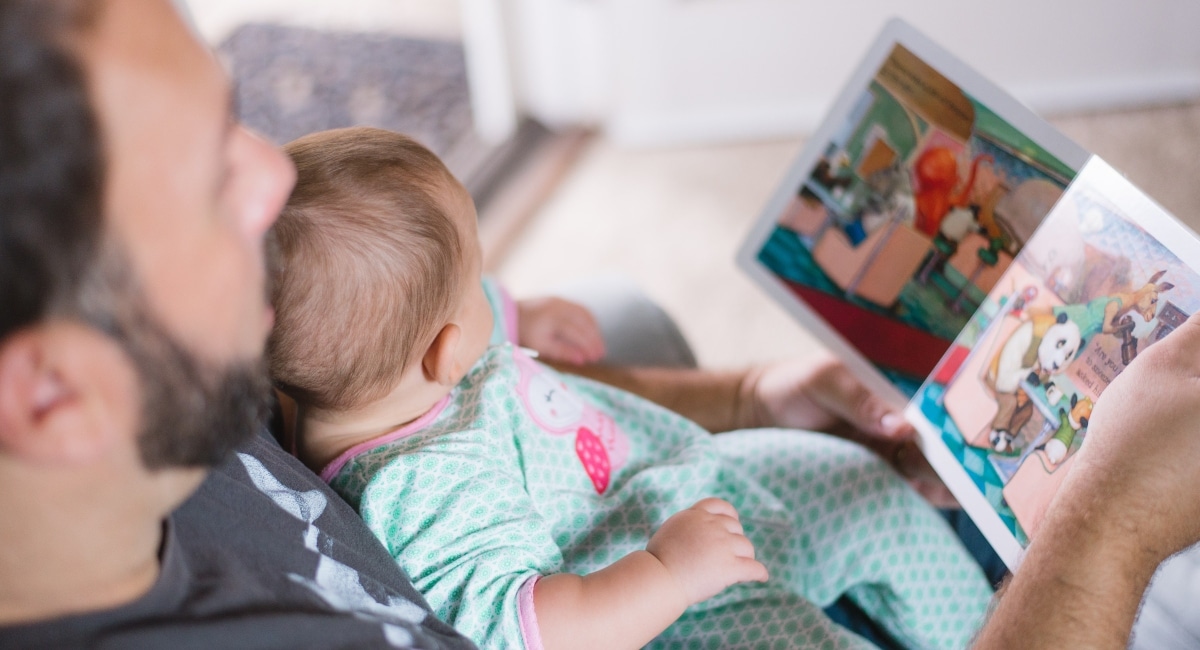Adolescence can be scary for parents. Teenagers are at a stage of their lives where several changes — biological, neurological, social and emotional — are taking place. It’s all normal; the only stage bigger is their first years of life. During this period, with their brains still developing, teenagers are more likely to make hasty decisions — regardless of the consequences that follow.
When we see our children become teenagers, this can create feelings of anxiety for many parents. We often stop being the most important person in their life. This too, is normal, but it’s scary and potentially dangerous when coupled with risk-taking behaviour. Often, our children are less likely to talk to us about it.
What is risky behaviour in tweens and teens?
While it might be stressful for you as a parent, it’s entirely normal for teenagers to want new experiences. They need to be able to explore their own abilities and limitations in addition to the boundaries you set. It’s all part of the journey towards becoming an independent young adult.
There are many different forms of risk taking and the level of risk usually depends on the age of your child.
It’s okay to worry about risky behaviour, such as:
- tobacco smoking, alcohol use and binge drinking
- illegal substance use
- unsafe sexual activity
- sexting and other risky uses of social media
- dangerous activities and/or gang involvement
Why kids take risks
Your teenager needs to take risks to learn more about themselves. However, if you are attuned to your child, you might notice that their risk-taking behaviour is being influenced by other factors. Sometimes teenagers decide to take part in potentially risky things just to fit in with a group.
However, other influences that could lead to risk-taking could be what’s happening across the media landscape, the coronavirus pandemic, wars, elections, natural disasters, and climate change. It could also be boredom and the need to be challenged – at school or outside of school. The absence of positive role models could be a factor. Mental health issues could be another reason.
It could be none of these but simply the belief that nothing bad will happen to them. There is nothing wrong with this, but it is how you encourage your child to avoid potential risks and explain how risk-taking activities may lead to harm to others or themselves. Some risks, for example, drinking alcohol or taking drugs, can lead to health problems, which, in turn, could lead to legal issues or affect relationships with partners, friends or employment prospects. Sexting is another risk with long-term consequences, it could lead to your child being charged with child pornography related offences.
What you can do to help and support a risk-taking child
Just because you know your child might test limits doesn’t make living with them easier. Here are some other ideas to help you support your child, have them consider the consequences of their behaviour and stay safer.
If you try and wrap your child in cotton wool while they are trying to explore, it could backfire. Instead, encourage your child to channel their thrill-seeking and risk-taking in safe and constructive ways. Performing arts or sporting activities can help curb the rush of seeking harmful risk activities.
Provide them with information about risks through calm discussions
Talk about behaviour and consequences with your child. This can help them determine the level of risk involved in the various situations. Be mindful that you don’t come across as preachy or lecturing, as this could have your child rebelling.
Talk about the rules and help them understand why they are important
While it is not always easy to continue maintaining boundaries and rules, having them in place helps kids understand why they are important. You might find your child is more likely to stick within the rules if they have some involvement in setting them. That doesn’t mean they get everything their own way, but it does allow for flexibility from all parties as they get older and are ready to embrace more responsibility.
Talk about your family’s values
Parents and caregivers need to focus on the end goal, which is to maintain a connection and a relationship with their children. Encourage and support them to talk to you when they need it. Having a constant open door and communicating calmly are helpful.
Regular discussions about what’s important to your family helps your child develop personal values and responsibility. You can reinforce this by being a good role model when it comes to things like alcohol, your behaviour when you’re driving, and how you treat other people.
Talk openly about peer pressure and how they might deal with it
You can’t prevent your children from being friends with certain people or groups. You can give them opportunities to make friends in a diverse range of social settings though. Consider sport, church, community and family activities as a means of broadening your child’s social network. That said, if your child feels pressured by their peers to do risky things, help them come up with ways to opt out without losing face.
Where to get professional help
Remember, there are parents just like you who are going through the same challenges, all worrying about keeping their children safe. You are not alone.
While risk-taking is considered fairly standard behaviour and most teens won’t take it too far, you might need further help and support if
- you child regularly does things that have dangerous consequences
- your child’s behaviour is self-destructive.
Consider talking with your health professional as a first step towards managing the situation. This might lead to a referral to a psychologist or other mental health professional.
Parentline is also here to listen to and support you. Call 1300 301 300, seven days a week to discuss risky behaviour or any other parenting issue. There is no judgement. The service is confidential. You can also WebChat with us via the Parentline website.
You might also like…
How can Parentline help you?
Talking to your kids about natural disasters and traumatic news
Looking for ways to keep your kids safe online? There’s a podcast for that!





